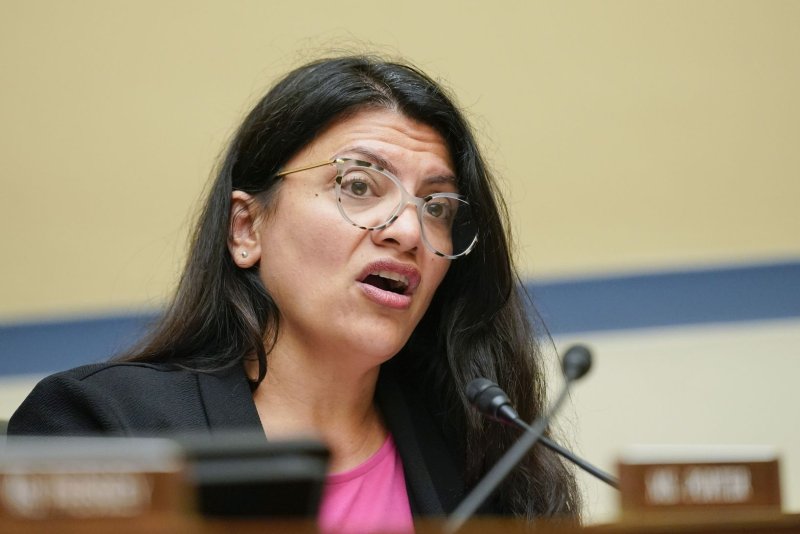WASHINGTON, Jan. 18 (UPI) — Republicans and Democrats tussled Thursday over a proposal to make companies report to the Security Exchange Commission the climate change risks their businesses face.
The 2022 proposal would require companies to make certain climate-related disclosures in their registration statements and periodic reports to the SEC. This would include information about climate-related risks that could potentially impact business operations or financial conditions.
“For example, does a company have key facilities that are going to be vulnerable to coastal flooding? Or does a company have a business model that is not well situated for the transition related opportunities and risks that are arising through changes in consumer demand or policy?” Stephanie Jones, a senior attorney at the Environmental Defense Fund, told Medill News Service.
At Thursday’s hearing of a House Financial Services subcommittee, Republicans described the proposal as clear overreach by the SEC and the latest of many examples of the Biden administration’s executive agencies exceeding their authority.
“Let’s be clear, Congress has not delegated the authority to the SEC to require climate disclosures,” said Rep. Bill Huizenga, R-Mich. He said that the SEC largely underestimated the cost of the rule and had been slow to cooperate with Congress on revisions to the rule.
House Democrats argued that the SEC was acting within its authority. They stressed that he proposed rule would be in the best interest of investors, who should be aware of a company’s climate-related risks that could impact their investments.
“Today is but another assault on helpful investor protection climate change-related regulations,” said Rep. Al Green, D-Texas. He explained that the SEC acted in response to an increasing demand by investors for businesses to be more open about how climate change will impact their business.
“What the SEC is doing here is just the same thing that it’s been doing for decades,” Jones said. “Just now, it is in the context that climate-related risks are increasingly affecting companies in ways that are important for investors to understand.”
Republican members testified that climate disclosures are not needed and would impose unnecessary costs on businesses.
“Another part of the proposed climate disclosure rule that worries me is the disregard for materiality,” said Rep. John Rose, R-Tenn. “It ensures that we are not being overly burdensome on companies and market competitiveness.”
He called climate information non-material and not something inventors require. However, the House Democrats argued that climate disclosures would be necessary for providing a complete picture of potential risks.
“U.S. companies should not be allowed to obscure their exposure to climate crisis risk, threatening the investments of [people] who need standardized and reliable information,” said Rep. Rashida Tlaib, D-Mich.
Meanwhile, many businesses already report climate information.
Last year, California Gov. Gavin Newsom signed two climate disclosure laws that would require companies doing business with California to disclose their emissions and financial risks related to climate change.
The U.K. also has implemented mandatory climate-related financial disclosures by publicly quoted companies, large private companies and limited liability partnerships.


